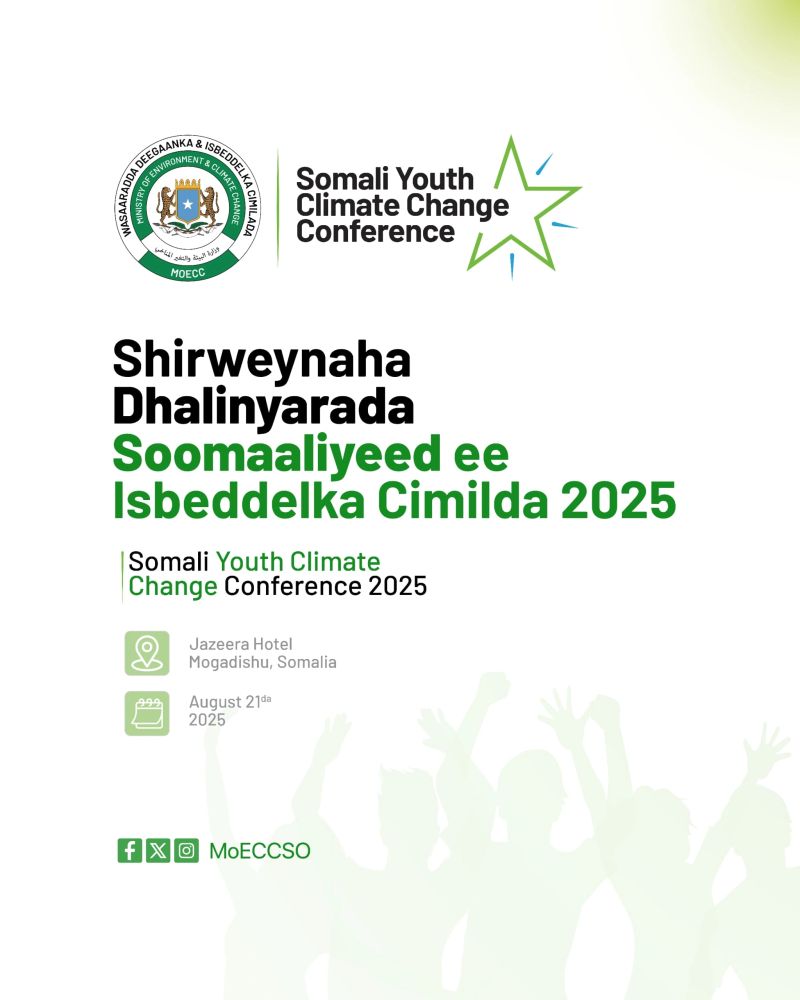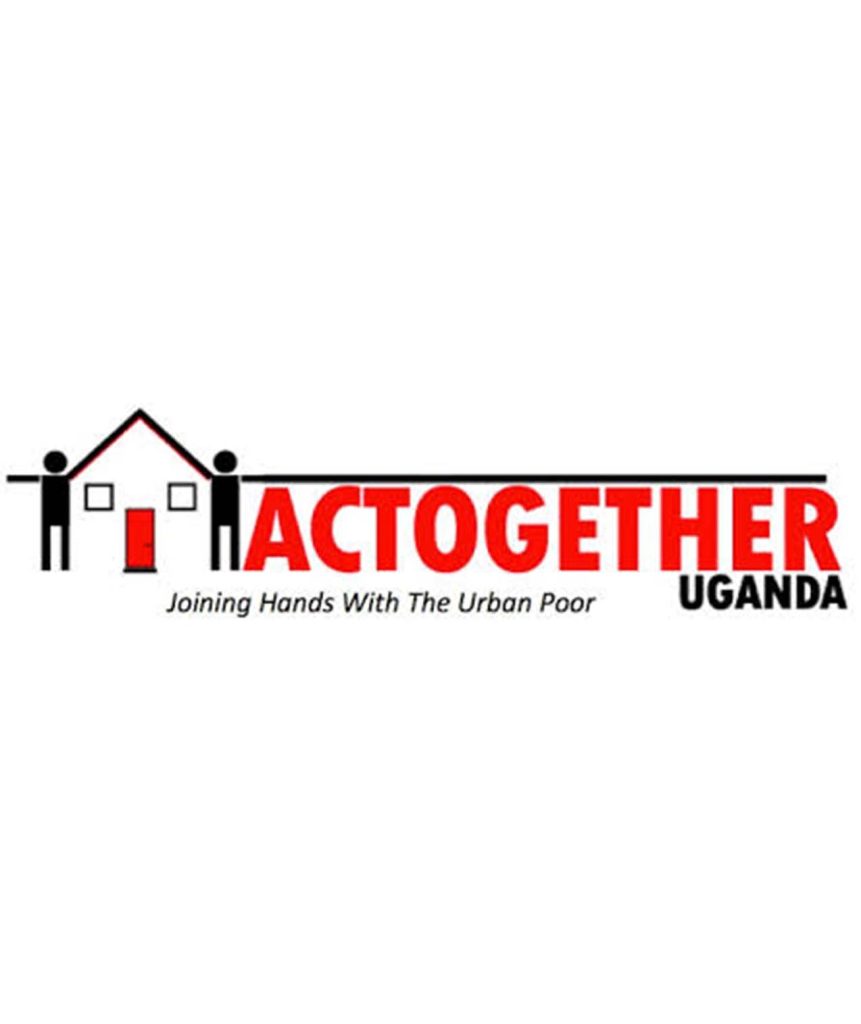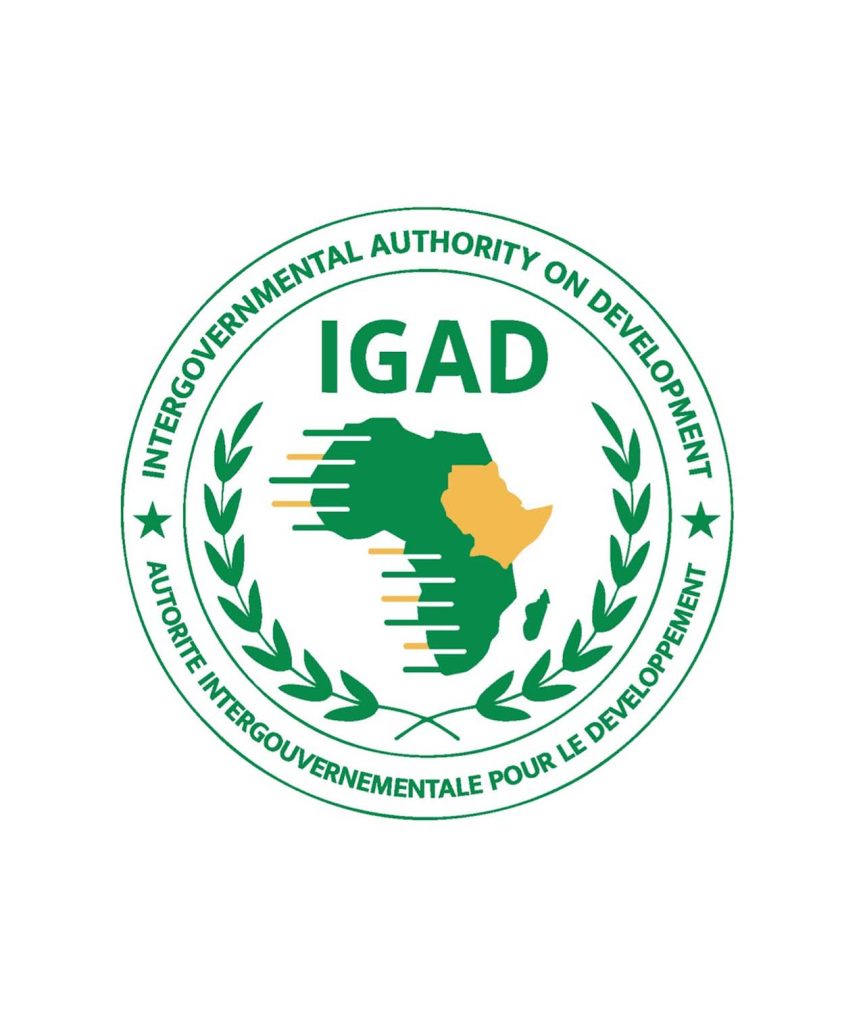BY NECJOGHA Reporter
MOGADISHU, SOMALIA (NECJOGHA)— The future of Somalia’s climate resilience is in the hands of its youth, as the Ministry of Environment and Climate Change (MoECC), in partnership with UNICEF, announced the first-ever Somali Youth Climate Change Conference. Kicking off on August 21, 2025, in Mogadishu, this landmark summit aims to empower the nation’s young people to lead the charge against the devastating impacts of a global crisis they did little to create.
The conference will serve as a vital platform for young Somalis to share their perspectives on climate change, peace, and sustainable development.
It is designed to strengthen their participation in national, regional, and global decision-making processes, including pathways toward the upcoming Africa Climate Summit (ACS-2) and the UN Climate Change Conference (COP30). Organizers stressed the importance of ensuring that the voices, ideas, and innovations of the youth, who are on the front lines of this crisis, are central to shaping Somalia’s future. 🇸🇴
Despite contributing a negligible amount to global greenhouse gas emissions (estimated at just 0.03%), Somalia is one of the countries most vulnerable to climate change.
The nation is trapped in a relentless cycle of extreme weather events, primarily prolonged droughts and devastating floods, which have crippled its economy and displaced millions. The 2020-2023 drought was the country’s most severe in four decades, affecting 7.8 million people and leading to an estimated 43,000 excess deaths in 2022 alone, half of which were children under five.
The situation is exacerbated by a stark transition from extreme dryness to sudden, torrential floods. The 2023 Deyr floods, for instance, affected 2.5 million people, displaced over 1.2 million from their homes, and caused more than $176 million in total damages and losses to infrastructure and agriculture. These dual disasters have decimated the agriculture and livestock sectors, which together account for over 60% of the GDP and are the primary source of livelihood for a majority of Somalis.









